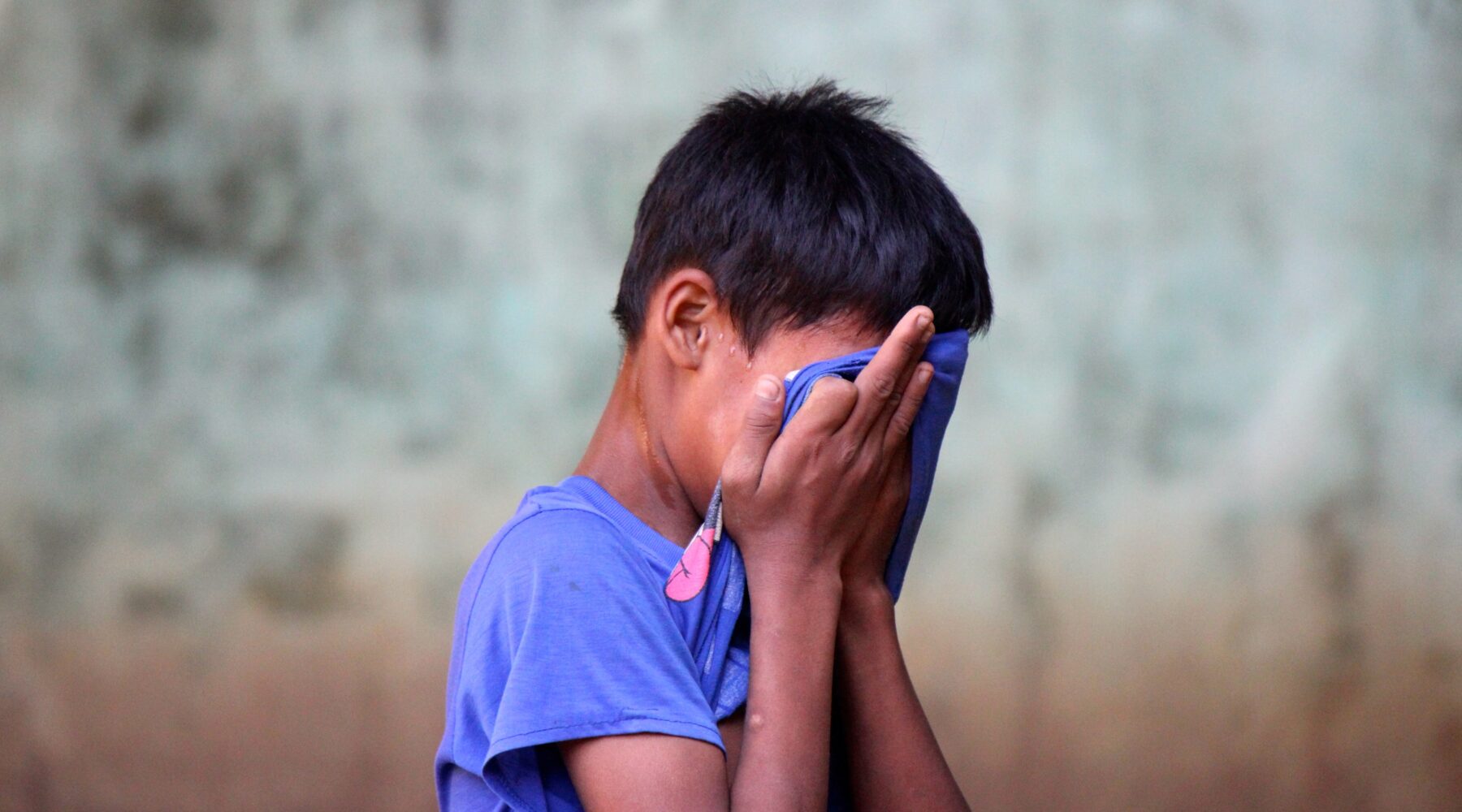


Humanists International made an intervention by video during the interactive dialogue with the UN Special Representative on violence against children, Najat Maalla M’jid, at the 44th session of the Human Rights Council.
The Special Representative’s report highlighted strategies for implementing the 2030 Agenda for Sustainable Development, which includes a specific target on ending all forms of violence against children by 2030 (SDG 16.2). Humanists International argued that, in order to achieve this goal, there is an urgent need to address the common root of certain forms of extreme violence against children that exist across different societies, which can be found in harmful traditional, cultural and religious beliefs and practices. For example, FGM is perpetuated in many communities because patriarchal beliefs deem the procedure to be necessary to control female sexual desire; and witchcraft accusations are often made on the basis of local superstition and a misplaced desire to ascribe responsibility for natural disasters, sudden outbreaks of illness or death in the community.
While the international community was initially hesitant to respond, seeing these issues as culturally sensitive, calls for action from multiple actors have meant that significant progress has been made in recent years to understand and tackle the harmful cultural norms that sustain these forms of violence.
The need to open up “harmful traditional practices” to criticism has been a consistent theme within the advocacy work of Humanists International, which promotes a rational and human rights-based approach to public policy. Humanists International calls for structural solutions to eradicate the underlying conditions allowing harmful traditional practices to pass on through generations, including addressing conditions of poverty and a lack of funding and access to education and healthcare.
Engagement with the local ‘gatekeepers’ of cultural practices, such as community and spiritual leaders, has also proven to be an effective strategy in some contexts. In this regard, efforts of religious leaders to mobilise in Mali against FGM and to spread the message that there is no support for the practice in the Qu’ran looks like a promising step in the right direction.
During the same session, other civil society organizations made interventions regarding issues such as the gendered dimension of violence against children, the impact of COVID-19 on the mental health of children, and structural forms of violence against children in the criminal justice system.
The full statement delivered by Humanists International’s Advocacy Officer, Lillie Ashworth, is available here.